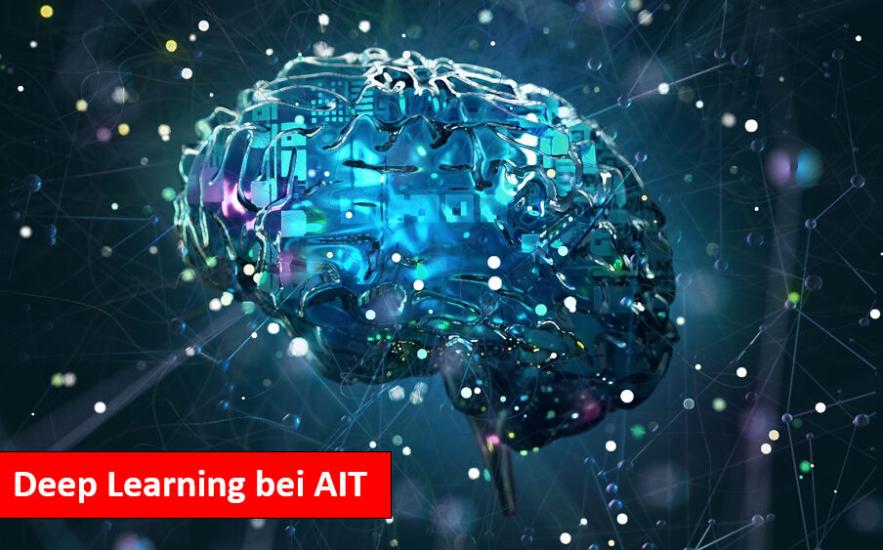What are the Ethical Implications of Artificial Intelligence Deep Learning?
Artificial Intelligence (AI) Deep Learning has emerged as a transformative technology with far-reaching applications across various industries. However, as AI systems become more sophisticated, they also raise a multitude of ethical concerns that demand careful consideration.

Ethical Implications Of AI Deep Learning
Privacy And Data Security
- AI systems rely on vast amounts of data for training and operation, raising concerns about data collection and usage without consent.
- The potential for surveillance and discrimination increases as AI systems analyze personal information, leading to privacy breaches and unfair treatment.
- Safeguarding personal information in AI systems is crucial to prevent unauthorized access, misuse, and data breaches.
Bias And Fairness
- AI systems trained on biased data can perpetuate and amplify existing biases, leading to unfair outcomes and discrimination.
- Reinforcement of existing biases can result in AI systems making decisions that favor certain groups over others, exacerbating social inequalities.
- Mitigating bias in AI algorithms is essential to ensure fairness and prevent discriminatory outcomes.
Job Displacement And Economic Inequality
- Automation and job loss driven by AI technologies pose significant challenges to the workforce, particularly in industries susceptible to automation.
- The impact of AI on specific industries and demographics can be profound, leading to job displacement and economic hardship.
- Reskilling and upskilling initiatives are crucial to prepare individuals for new job opportunities in the AI-driven economy.
Accountability And Responsibility
- Determining responsibility for AI-related decisions is complex, as AI systems operate autonomously and may make decisions with far-reaching consequences.
- Establishing standards and regulations for AI systems is necessary to ensure accountability and prevent unintended harm.
- Ensuring transparency and explainability in AI algorithms is essential to understand how AI systems make decisions and hold them accountable.
Autonomy And Human Control
- Concerns arise about AI systems making autonomous decisions without human oversight, potentially leading to unintended consequences and ethical dilemmas.
- Maintaining human oversight and control over AI systems is crucial to ensure that AI remains a tool for human benefit and not a source of harm.
- Balancing efficiency with ethical considerations is essential to harness the potential of AI while mitigating potential risks.
Addressing The Ethical Challenges
Developing Ethical Guidelines And Standards
- Establishing principles for responsible AI development is essential to guide the design, implementation, and deployment of AI systems.
- Promoting transparency and accountability in AI systems builds trust and ensures that AI is used for the benefit of society.
- Encouraging collaboration between technologists, ethicists, and policymakers fosters a multidisciplinary approach to addressing AI ethics.
Investing In Research And Education
- Funding research on AI ethics and bias mitigation is crucial to develop innovative solutions to address ethical challenges.
- Incorporating AI ethics into computer science education equips future technologists with the knowledge and skills to design and develop ethical AI systems.
- Raising public awareness about the ethical implications of AI is essential to foster informed discussions and encourage responsible AI development.
Engaging In Public Dialogue And Policymaking
- Encouraging public discourse on AI ethics promotes understanding and engagement among stakeholders, leading to informed policymaking.
- Involving stakeholders in policymaking processes ensures that diverse perspectives are considered and that policies reflect the values and concerns of society.
- Creating a regulatory framework for AI development and deployment provides guidance and oversight to ensure responsible AI practices.
The ethical implications of AI Deep Learning are profound and require careful consideration and action from technologists, policymakers, and society as a whole. By addressing the ethical challenges, we can shape the future of AI to ensure that it benefits all of humanity and promotes a just and equitable society.
Collaboration, research, education, and public dialogue are essential to navigate the ethical complexities of AI Deep Learning and create a future where AI serves as a force for good.
YesNo

Leave a Reply